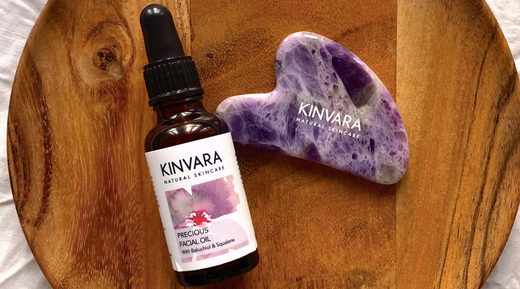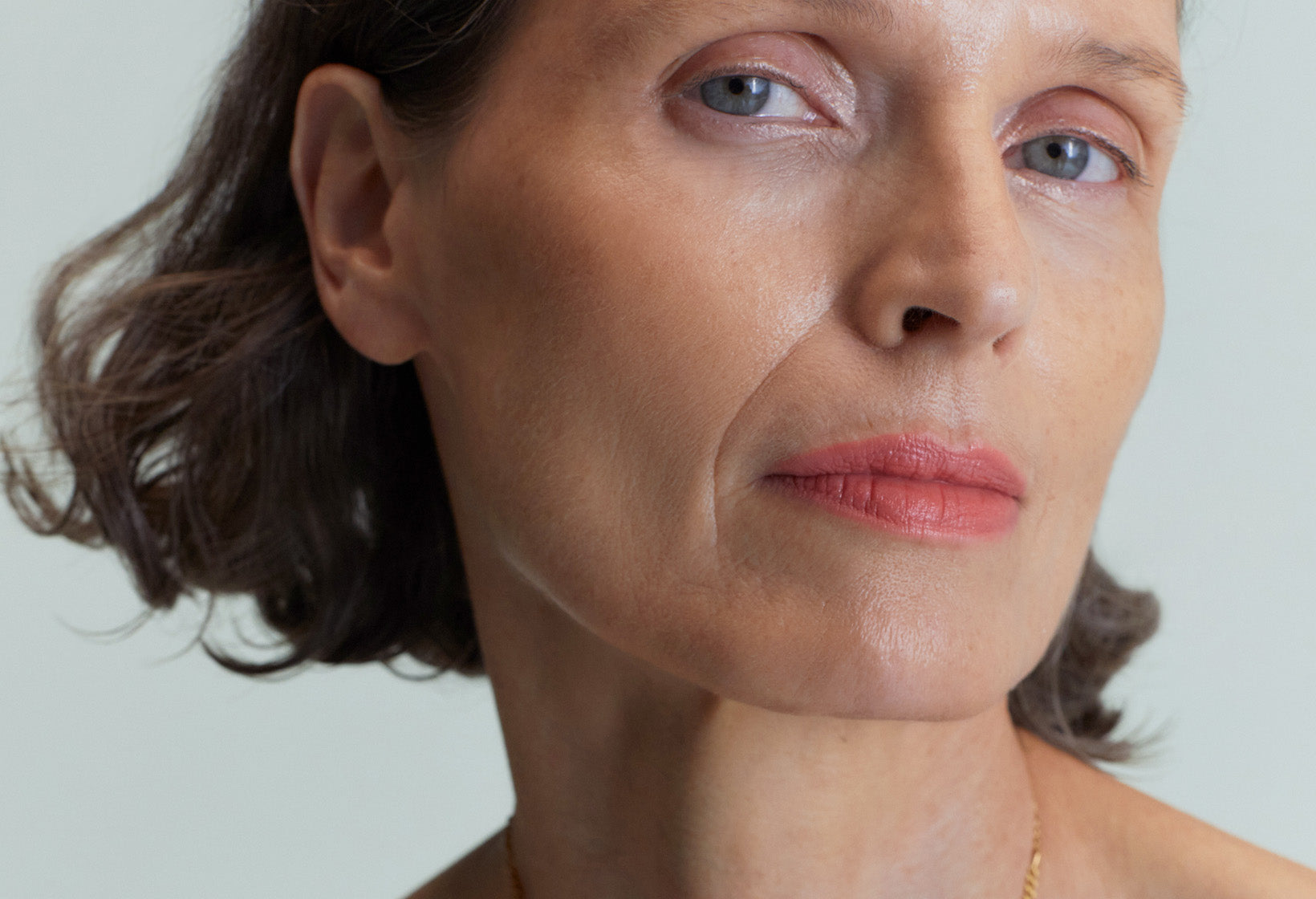
The Benefits of a Plant Based Retinol
Introduction
You may have heard about the benefits of using a plant-based retinol in your skincare routine, and if you're not sure what it is or why you should use it, this post is for you.
A plant-based retinol is a topical vitamin A treatment that helps improve the appearance of skin texture, fine lines, and wrinkles. It can also help to reduce the appearance of blemishes and dark spots. Because it's plant-based, it's gentle enough for even the most sensitive skin types.
If you're looking for a way to improve the appearance of your skin, adding a plant-based retinol to your skincare routine may be the answer.
What Is a Plant-Based Retinol?
You may have heard of retinol before, and if you have sensitive skin, you may have been hesitant to try it. Retinol is a vitamin A derivative that's used in skincare products to decrease wrinkles and surface imperfections.
But retinol can be harsh on skin, causing dryness, redness, and even peeling. That's where plant-based retinols come in. Plant-based retinols are more tolerable than traditional retinol, particularly for sensitive skin. They're just as effective as traditional retinol, but without the bad side effects.
Bakuchiol, a plant-based retinol alternative, is just as potent as retinol when it comes to decreasing wrinkles and surface imperfections. So if you're looking for an effective alternative to traditional retinol, plant-based retinols are a great option.
What Are the Benefits of Using a Plant-Based Retinol?
So, what are the benefits of using a plant-based retinol? Well, for starters, it's a great alternative to traditional retinol, as it doesn't have the same bad side effects. Bakuchiol, the main ingredient in plant-based retinols, is just as potent as retinol when it comes to reducing wrinkles and surface wrinkles.
Plus, plant-based retinols are gentler on your skin, making them a good choice for those with sensitive skin. They also work well for all skin types, including dry, oily, and combination skin.
Bottom line: if you're looking for an effective anti-aging treatment that doesn't have any harsh side effects, then you should definitely consider incorporating a plant-based retinol into your skincare routine.
Is a Plant-Based Retinol Pregnancy-Friendly?
You may be wondering if using a plant-based retinol is safe during pregnancy. The answer is yes—bakuchiol is an antioxidant made from the seeds of the corylifolia plant, and it's been shown to be safe for use when pregnant.
So why should you switch to a plant-based retinol? Well, retinol is a form of vitamin A, and it's great for reducing wrinkles and improving skin elasticity. But it can also be harsh on your skin, which is why a plant-based retinol may be a better choice for you.
Bakuchiol is a safe, natural alternative to retinol that delivers similar results, without the harshness. Plus, it's rich in antioxidants that help to protect your skin from free radicals. So if you're looking for a gentle, yet effective way to improve your skin's appearance, then bakuchiol is a great choice for you.
What Is the Difference Between a Plant-Based Retinol and a Retinol?
If you're thinking of adding a retinoid to your skincare routine, you might be wondering what the difference is between a plant-based retinol and a regular retinol. The main difference is that plant-based retinols are derived from plants, while regular retinols are derived from animals.
But don't worry, they both work just as well! A study showed that plant-based retinols are just as effective as regular retinols in reducing wrinkles and surface roughness. So if you're looking for a retinoid that doesn't cause dryness or irritation, go for a plant-based one.
Retinoids play a role in managing acne, wrinkles, and other skin concerns, so if you're looking for an all-in-one solution, a plant-based retinol is a good choice.
How Do I Use a Plant-Based Retinol?
So you're interested in plant-based retinols? Fantastic! Here are a few tips on how to incorporate them into your skincare routine.
First, figure out your skin type. If you have oily skin, you might want to avoid plant-based retinols, as they can be a little bit too heavy for you. But if you have dry skin, a plant-based retinol can be really beneficial, as it will help to hydrate your skin and give it a glow.
Next, find the right product for you. There are a lot of different plant-based retinols on the market, so take your time and find one that's right for you. And remember, a little goes a long way, so start with a small amount and increase the dosage if needed.
Finally, be patient! It takes time for plant-based retinols to work their magic, so don't expect results overnight. But if you stick with it, you'll definitely see an improvement in the appearance of your skin.
What is Bakuchiol?
Introducing Bakuchiol, a plant-derived alternative to retinol that offers many of the same benefits, but without the irritation. If you're someone who can't use retinol due to pregnancy, sun sensitivity, or irritation, Bakuchiol is a great option for you.
Bakuchiol has been used throughout the ages in Ayuverda & Chinese medicine, and is ideal for people who want the benefits of retinol without any of the drawbacks. So if you're looking for a way to improve your skin's texture and appearance, give Bakuchiol a try!
Conclusion
You should incorporate a plant-based retinol into your skincare routine because they are a great source of antioxidants, they are non-irritating and are pregnancy-friendly.
Kinvara's Precious Facial Oil contains Bakuchiol which is a plant-based retinol. Antioxidants help to protect your skin from free radicals and other harmful toxins. Kinvara's Precious Facial Oil is non-irritating and is perfect for pregnant women.



